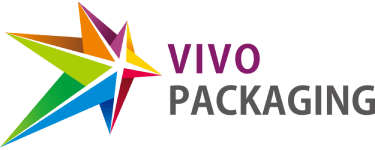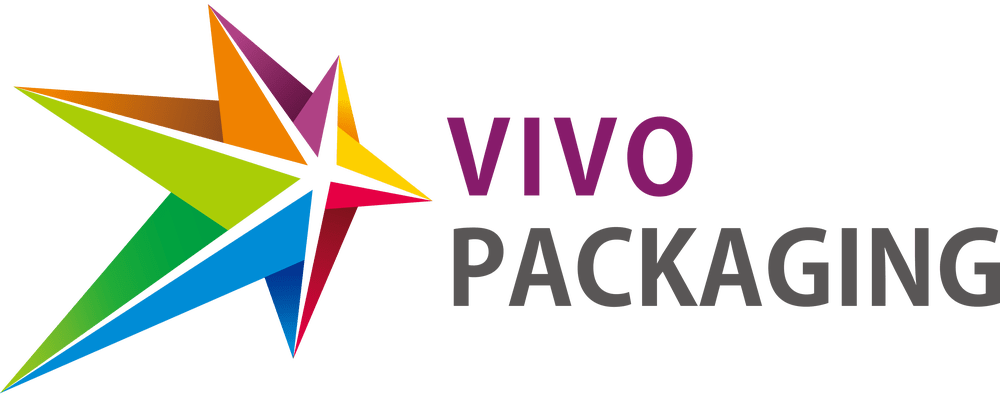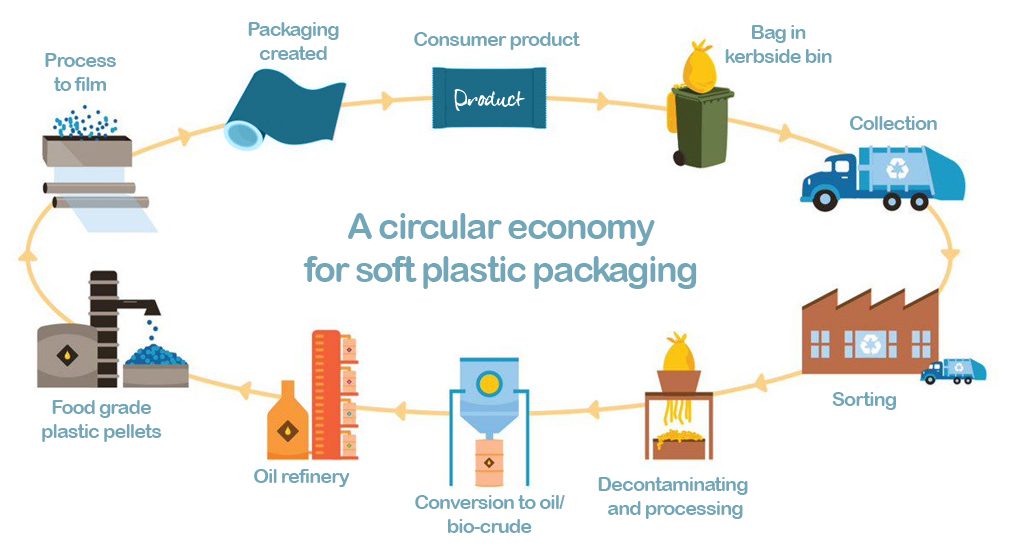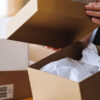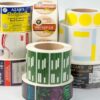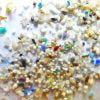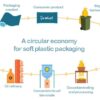A New Path for Soft Plastic Packaging in Australia
Australia is embarking on an innovative initiative to address the challenges posed by soft plastic packaging waste. The National Plastics Recycling Scheme (NPRS), developed by the country’s food and grocery manufacturing industry with funding support from the federal government, aims to create a ground-breaking industry-led recycling scheme. By diverting hard-to-recycle soft plastic packaging from waste streams and giving it new life, the NPRS paves the way for a circular plastics economy and cleaner recycling streams for all materials.
How the NPRS Works:
The NPRS focuses on collecting soft plastic packaging items such as bread and cereal bags, frozen vegetable packets, confectionery wrappers, and plastic toilet paper wrap. As an industry-backed scheme, food and grocery manufacturers contribute a small levy to cover the costs of collection and administration. The expanded kerbside collection program plays a vital role in retrieving these bags from recycling streams at sorting facilities. Subsequently, the bags undergo sorting, cleaning, and shredding processes, and different types of soft plastics are sent to advanced recycling facilities. At these facilities, sophisticated technologies break down the plastic into oil, which can then be transformed into clean, food-grade plastic packaging.
Trials and Pilots:
The NPRS project has reached the trial and pilot phase to test its viability and effectiveness. Led by the Australian Food and Grocery Council (AFGC), these trials aim to collect valuable data and refine the collection and sorting models. Limited kerbside collection trials are being conducted across six Local Government Areas in Victoria, New South Wales, and South Australia. Participating households receive specially produced kits with detailed information on acceptable soft plastics and proper recycling procedures. The collected bags are extracted from the waste stream at Materials Recovery Facilities (MRFs) and sent for sorting and processing. The gathered data will provide crucial insights into the uptake, effectiveness, and quality of the collected materials, helping shape the future of soft plastics recycling in Australia.
Meeting National Packaging Targets:
The NPRS plays a pivotal role in helping Australia achieve its National Packaging Targets. By establishing a comprehensive plan for plastics recycling, from collection to recycling and new end markets, the NPRS lays the foundation for a genuine circular economy for plastic packaging. The ambitious goal of the NPRS is to recover an additional 190,000 tonnes of plastic annually, equivalent to diverting one-third of the current soft plastic waste that ends up in landfills each year.
Conclusion:
Australia’s National Plastics Recycling Scheme represents a significant step forward in tackling the issue of soft plastic packaging waste. Through industry collaboration, investment in advanced recycling infrastructure, and the engagement of households, the NPRS aims to transform the way soft plastics are recycled and create a sustainable, circular economy. By diverting substantial amounts of soft plastic waste from landfills, Australia is paving the way for a greener future and demonstrating its commitment to responsible waste management.
Further Update:
Supermarkets in Melbourne have entered the trial phase of the National Plastics Recycling Scheme. For more details on this initiative, you can read here: Melbourne Supermarkets Pioneer Soft Plastic Recycling Trial.
